The pleasure and pain of human diversity in conservation teams

My experience of human diversity
My best and worst experiences in conservation teams or sustainable development projects are both directly related to diversity or differences in the people I am working with. In some cases, those differences lead to innovative, creative and exciting outcomes.
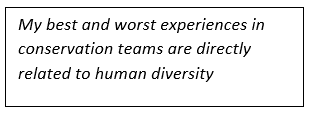
In such cases I experience deep satisfaction when I have done, or been part of, something that makes a difference. Perhaps competing social and development outcomes have both been achieved or ethnic differences are accommodated, or I have just fronted up and had a go at a problem I wasn’t sure could be resolved. Outcomes from teamwork that are consistent with deep seated values nourish and strengthen me at the core of my being. I am inspired and energised to take on other challenges, not just in conservation or environmental management but more broadly in life.
On the other hand, I have also experienced an emotional freeze or less comfortable responses of anxiety, fear, disappointment, anger, sadness or distress. Such experiences can even progress to psychological and physical injuries, grievances and grudges. At other times I have recognised a sense of inadequacy because others on the team are so different and desired outcomes seem impossible at best. In such situations, my sense of belonging to something, ability to make a contribution, significance as a person, personal value and psychological safety may have been threatened.
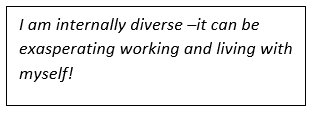
Yet if those diversity challenges were not enough, I also know there is diversity within myself that can be challenging. Occasionally I even find it exasperating to live or work with myself! There is competition between my rational thought processes and other forces that trigger freeze, flight, fight, food and sex responses that are unhelpful. I have deep human needs related to certainty that may be in tension with a need for variety. My need to belong and fit in with those about me may be at odds with a need to be a unique, distinct, autonomous individual. Then there are my values. My desire for comfortable living that conflicts with sustainability. My desire for peace and calm with other people may be at odds with speaking out against dangerous or damaging behaviour or injustices. My love of truth may hurt or offend someone I care about or rely upon to meet life needs for shelter, food or relationship.
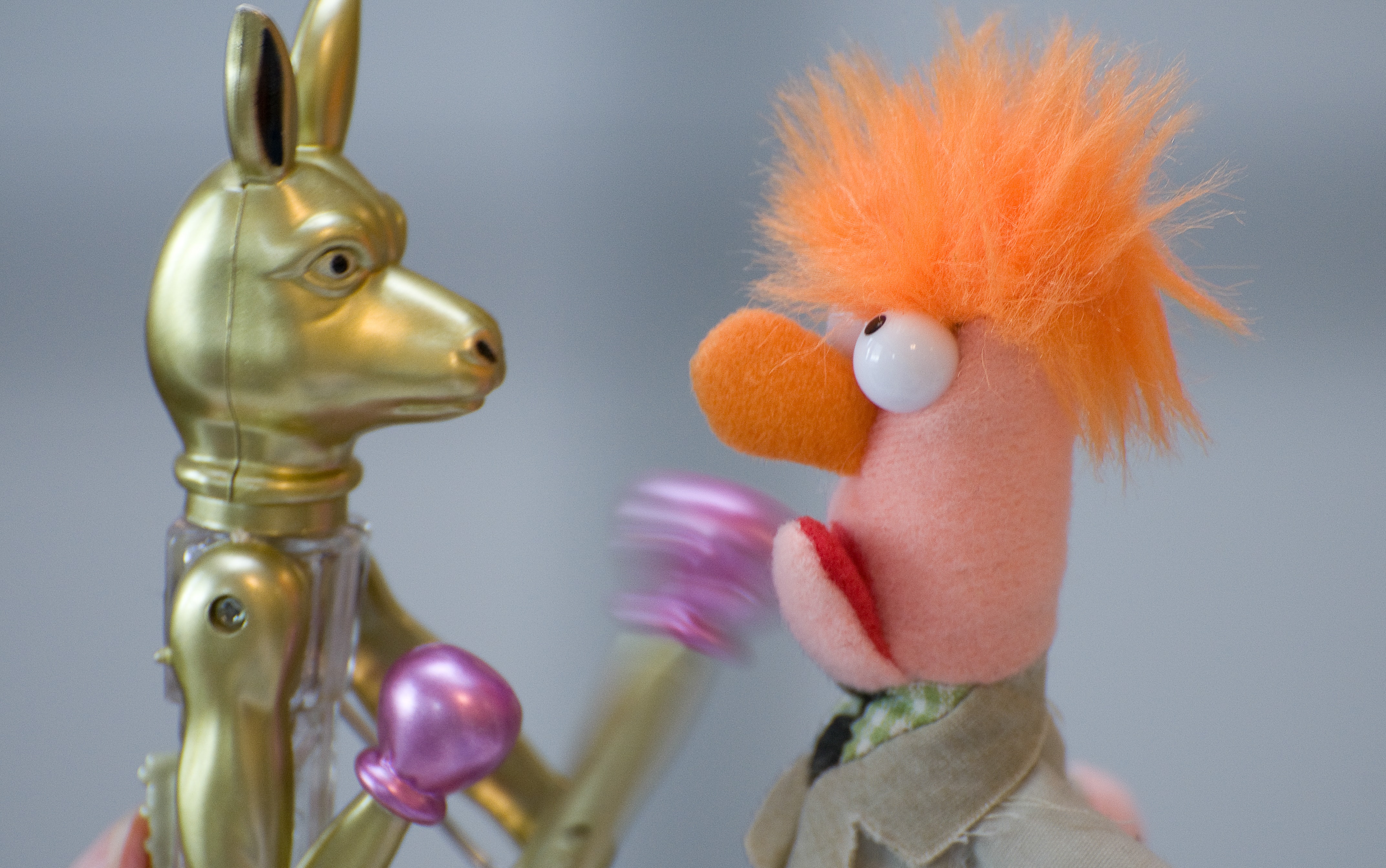
In future posts I will share insights and practical skills that enable us as individuals and conservation practitioners to engage constructively with human diversity in others and equally importantly, ourselves. For the remainder of this article, let’s look at what we can learn from the way people relate to the diversity of nature.
Learning from natural diversity
Nature is diverse. So is humanity. Some elements of nature inspire awe and affection, peace, calm and happiness. Other elements inspire fear, dread, anxiety – with good reason! Spiders, snakes, sharks can and do kill us. Similarly, natural forces of rivers, oceans, volcanoes can inspire and calm us or drown, crush and bury us in molten rock. Human beings are also incredibly diverse in size, shape, colour, language, beliefs and behaviours. Some of these human attributes inspire admiration, affection, desire. Others, as with nature, trigger anxiety, fear, disgust, contempt, retreat, aggression.

The common saying that beauty is in the eye of the beholder is as true for our human assessment of the diversity of nature as it is for human concepts of beauty. A shark or spider that evokes fear or disgust for one person is a creature of beauty, intrigue, masterful evolution, fitness and niche adaptation to another person. Remarkably, people do change their experience of whether someone or something is beautiful. For each person the journey from fear to adoration is unique. Sometimes there is commonality between individual experience that we can learn from when there is a desire or openness to understand or view a creature or person differently.
Whilst there is commonly an opposite journey from adoration to hatred – true again for our perspective of nature and people (e.g. human relationships that go from adoration and marriage to divorce and hatred) our focus here is what we can learn from the positive rather than destructive journey.
Your experience with diversity

Can you recall a situation where you have moved from a pain to pleasure experience in relation to engaging with a particular element of nature or diversity in another person or colleague? What things happened, what thoughts or beliefs changed and contributed to a new, more pleasurable experience? In the comments space, please contribute something of your learnings that might illustrate and assist other conservation practitioners like yourself. What diversity element (natural or human) was painful for you? What was your original perspective and experience? What is your perspective now? What helped your journey of change?
As contributions are offered and you reflect on the range of things (skills, perspectives, thoughts, beliefs, attitudes, knowledge, resources) that people find effective, I encourage you to bring your curiosity (wonder) and leave critical judgment aside. Remember all contributions have been invited in the interest of helping others and may or may not be directly relevant to you (at this time or stage in your life and work).
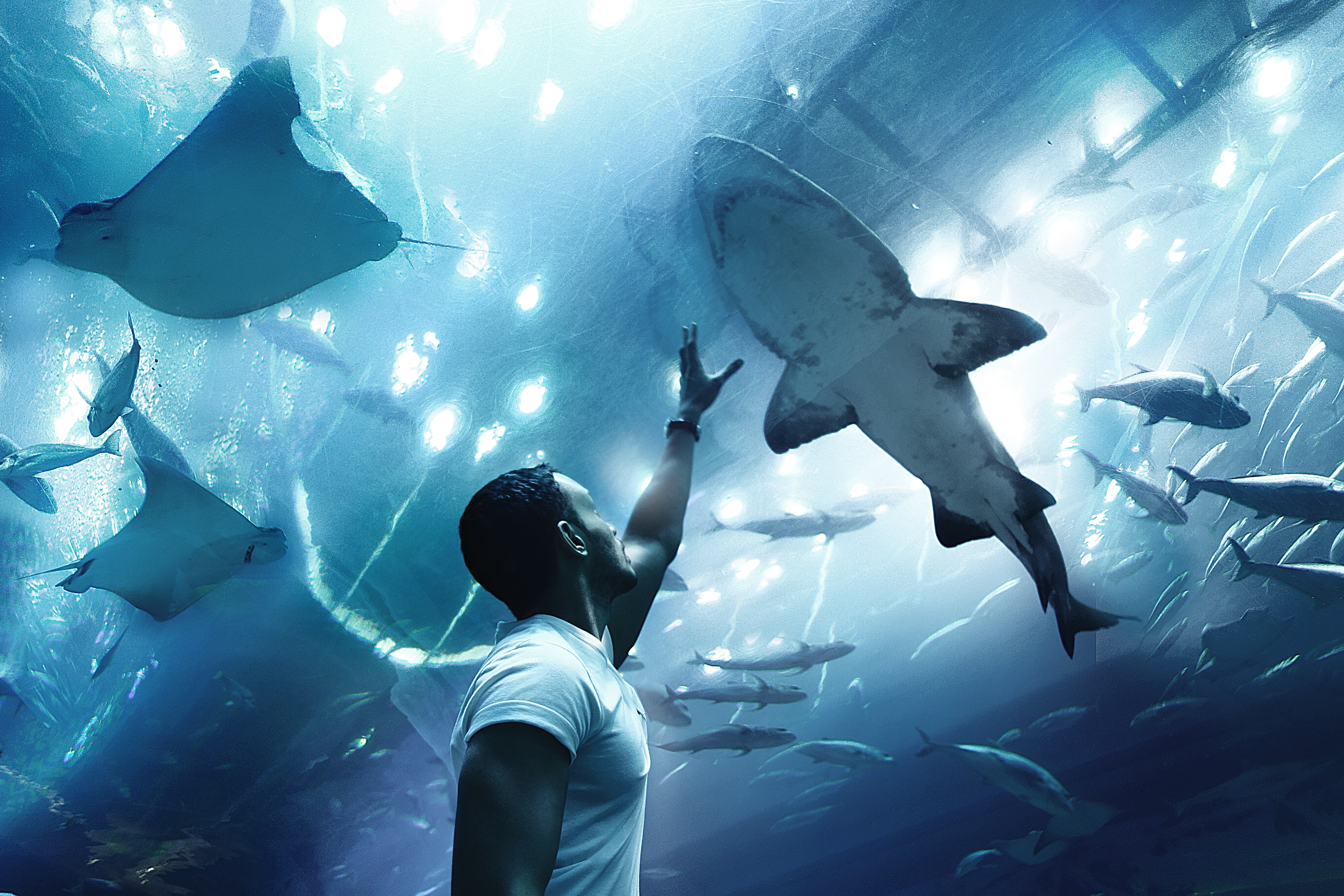
If you wish to use these contributions in other forums please acknowledge Wild Team UK and provide the link to this source document.
Footnote: Having stated at the beginning that my best and worst experiences are directly related to human diversity, I want to note that human diversity is not the only factor that directly relates to positive and negative experiences in teams or other relationships. Human beings are amazingly complex – this can be troublesome and wonderful at the same time.
Photo credits:
diverse team Christina @ wocintechchat.com on Unsplash;
fight Frank Busch on Unsplash
shark Moon on Unsplash
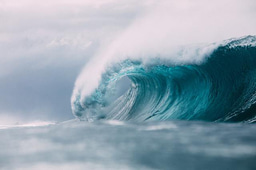

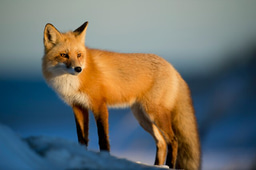
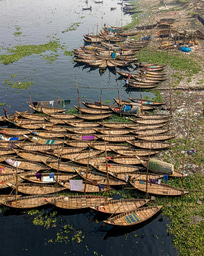
Please sign in or register for FREE
If you are a registered user on WildHub, please sign in